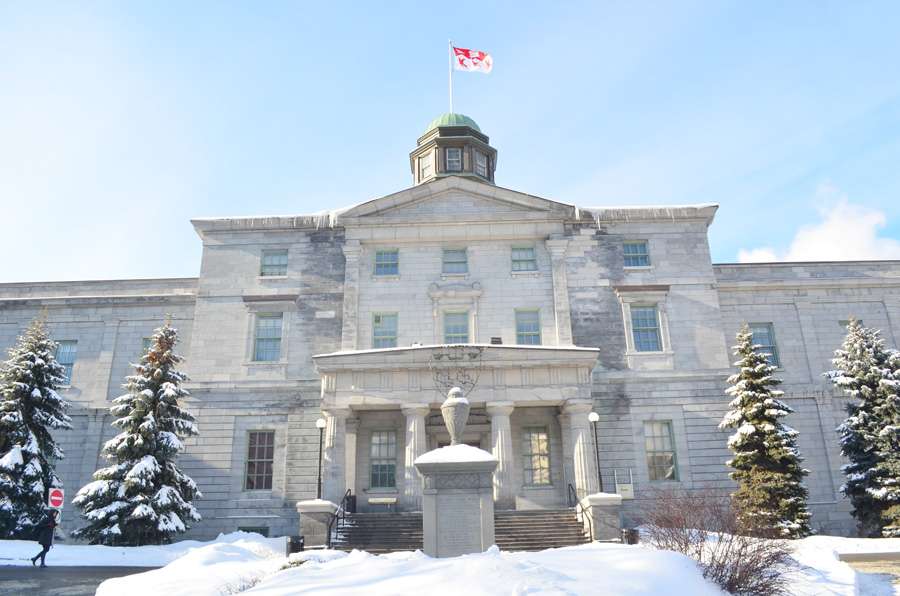Growing up, university was the light at the end of my tunnel. My family, friends, and teachers always pushed the idea that at university, I would find a place for myself where I would fit in perfectly—that I was a unique jigsaw piece yet to find the rest of its puzzle. University seemed like this utopia where I would certainly meet my future lifelong friends, and maybe even my soulmate.
My background is fairly diverse. Growing up with a Muslim Egyptian father and a Catholic Syrian-Canadian mother in Kuwait left me without a strong single, definable identity. I never really knew where I fit among all of these narratives, which led me to compartmentalize each distinct cultural experience instead of reconciling how they could intertwine with each other. I was Syrian when I was with my grandparents, Canadian when I was in the airport, Egyptian because of my surname, Christian at church, Muslim on my birth certificate, but also Kuwaiti. I was always a quarter or a half of something, but never a whole. I believed that university would be the place where all of my identities magically would morph into one: A student. What I learned upon coming to McGill is that none of these pieces actually exist in competition with one another: Each identity contributes its own set of challenges and advantages, and reconciling these is a complex, evolving, but not insurmountable, process.
I spent the entirety of my summer before coming to McGill deciding which clubs I would join in order to construct a version of myself where I could transcend the surface-level boundaries set by my identity. I was still proud of my culture, but I did not want to be defined by it. I did not want to fit anyone’s narrative of what a typical person from the Middle East should be like. I wanted to be known for my music taste, my passion for journalism, my art, and my academic interests. As with many first-year students, I wanted to have complete control over my identity, instead of being labelled by aspects of myself that lay beyond my control.
However, when I arrived at my residence hall, I did not find a collective community. I found cliques, and smaller communities that I could not penetrate. I constantly hid behind my locked door, avoiding conversation with neighbours in the elevator, and only catching a glimpse of my roommate before leaving for class. Rez was incredibly isolating in contrast to the communal experiences I thought I would have. I was clearly not going to meet my soulmate, or make hundreds of lifelong friends. I began to lose touch with being a McGillian and felt more like a visiting student.
And yet, in the chaos of my second semester, I discovered my own spaces within that society. I found a part of myself in my Jewish roommate from Los Angeles, and in my poetry club, and in the walk to Stewart Bio. I even found a part of myself writing this for The McGill Tribune. I never found the idealized self that I hoped I would become at McGill–––but I have since realized that identities are more complex than that. University is not one-size-fits-all, and I now understand that I have to create my own narrative.
I am a McGill student, and I am Syrian, and I am Egyptian, and I am Kuwaiti. My identities are not Venn diagrams that overlap. I am not half this and half that—I am wholly everything. Although I’m not the Students’ Society of McGill University president, or part of a thousand clubs, I am still just as much a part of McGill as any other student, or professor, or TA. My communities are not mutually exclusive; I can be part of all of them without sacrificing any part.
I may not have found all of my pieces yet, but I am no longer lost.









